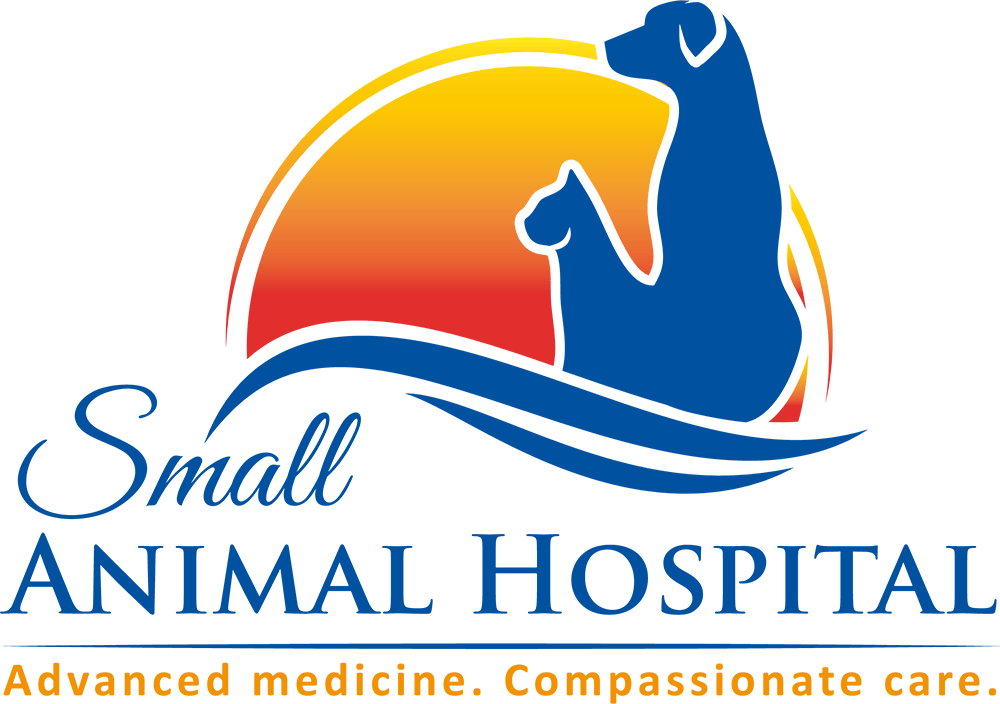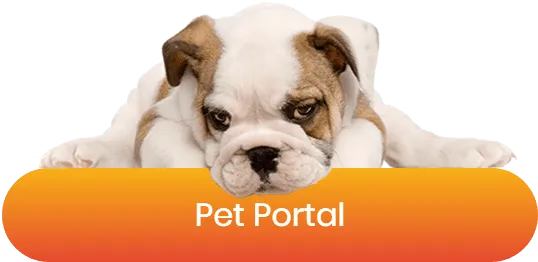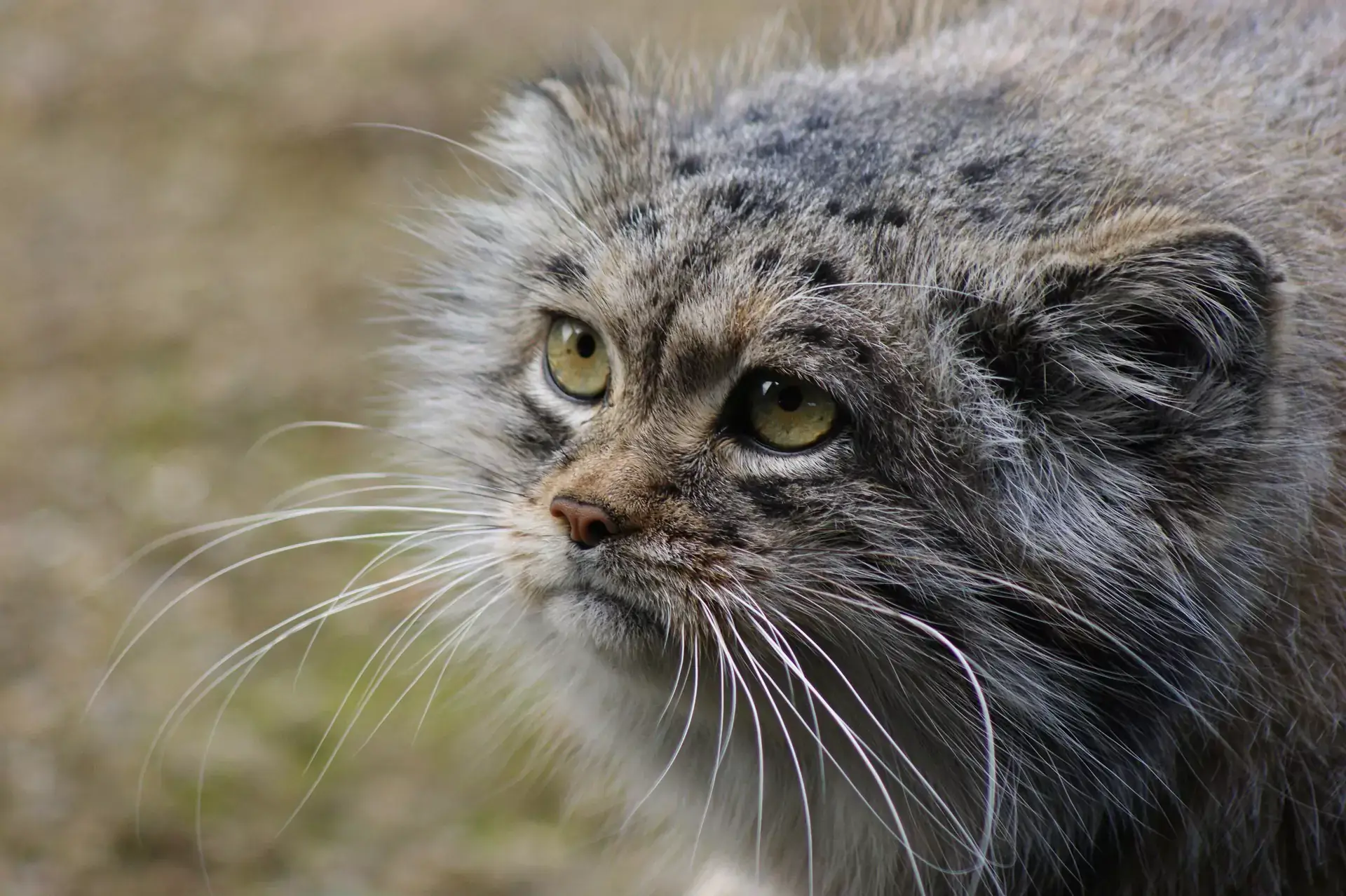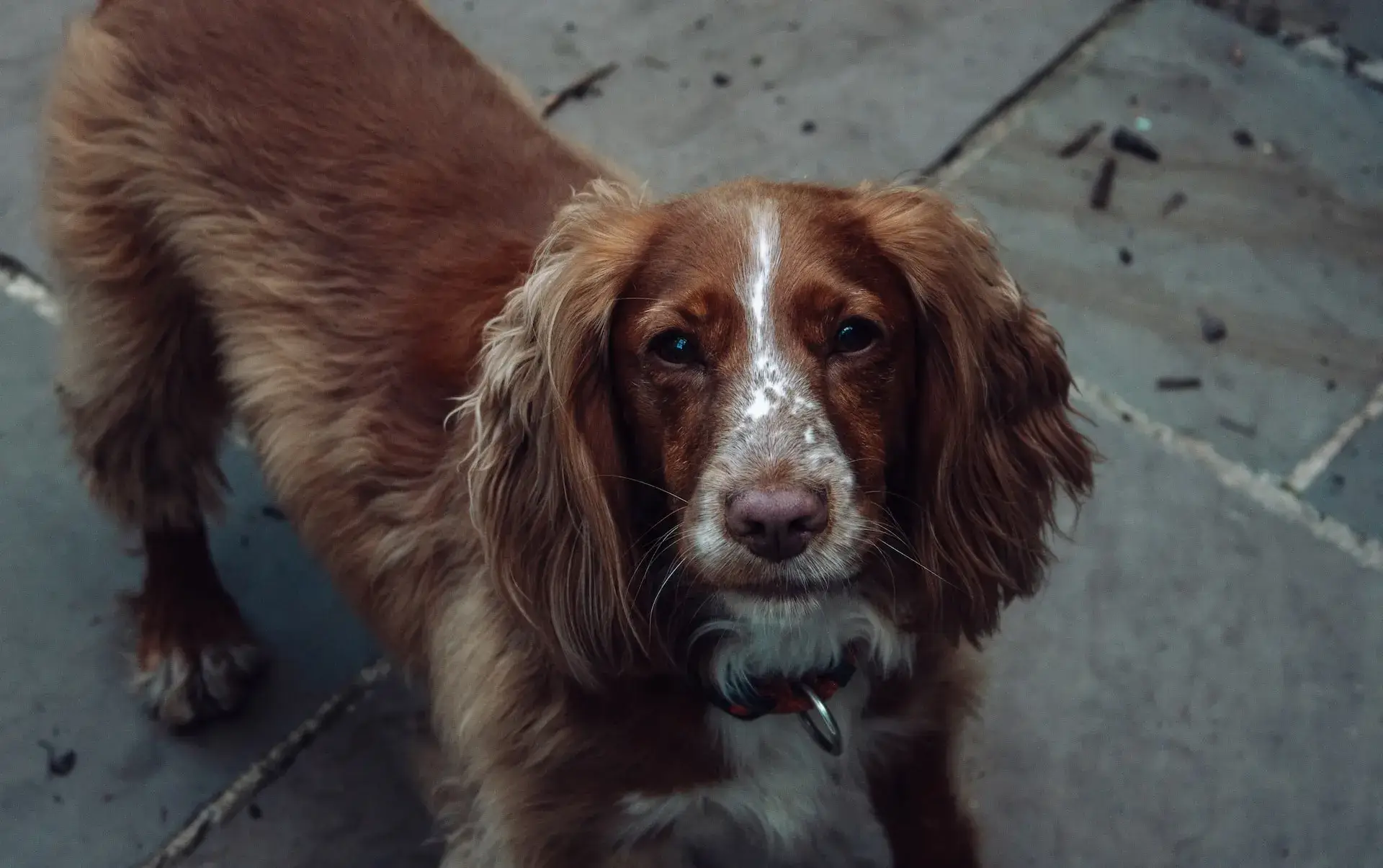Household Hazards for Birds
Have you recently adopted a bird? Our feathered friends are very small, but they can fill some pretty big spaces in our hearts and lives. However, they’re also very small and fragile, and a bit prone to mischief. You’ll need to be aware of the things that can endanger your little buddy. Here, a Fort Myers, FL vet lists some common household dangers for bird owners to be aware of.
Fans
Fans can seriously injure—or even kill—pet birds. It can be very easy to forget that you have a ceiling fan on! Get into the habit of turning all fans off before letting Polly out of her cage.
Cords
Cords and wires are another hazard. Use coverings to protect the ones you can’t secure.
Medicine
Be sure to keep both prescription and OTC medicines out of claws’ reach! Polly may not be able to resist playing with small containers or pill boxes. These often just look like toys or snacks to her.
Water
Birds can drown in just a few inches of water. Keep toilet lids down, and don’t let Polly out when you have filled sinks or tubs.
Windows/Mirrors
Birds don’t always recognize reflective or clear surfaces as barriers, and sometimes try to fly through them. This can be very dangerous for Polly! Window treatments help with this. Just be sure to choose ones your colorful pet can’t get tangled up in.
Food
Many of our favorite foods are dangerous to birds! Ask your vet for specific information.
Kitchens
The kitchen is a very dangerous place for birds! Pots of hot water or sauces are one concern. Even a sink full of dishes is a hazard. Polly could also injure herself on sharp knives.
Fumes
Our feathered buddies have extremely sensitive lungs, and can be sickened by strong scents and fumes. Some examples are cigarette smoke, scented candles, aerosols, paint, perfume, air fresheners, turpentine, cooking fumes, and household cleaners. Make sure that Polly is only exposed to fresh, clean air. We recommend getting a good air purifier.
Other Pets
We know, it’s cute to see photos of birds hanging out with their four-legged ‘siblings.’ However, dogs, cats, and other pets really aren’t safe playmates for our winged pals. Polly is very fragile, and can easily be hurt!
Our Advice on Household Hazards for Birds in 2024
Why are windows and mirrors potential hazards for pet birds, and how can owners mitigate this risk?
Windows and mirrors pose a hazard to pet birds because birds may not recognize them as barriers and attempt to fly through them, leading to collisions and injuries. To mitigate this risk, owners can use window treatments like decals, curtains, or blinds to make the glass more visible to birds. Additionally, placing objects in front of windows or covering mirrors when birds are out of their cages can help prevent accidents. Regularly supervising birds outside their cages can also ensure their safety around windows and mirrors.
Which common human foods are dangerous for birds, and why?
Several common human foods are dangerous for birds, including chocolate, avocado, caffeine, alcohol, onions, garlic, and salty snacks. Chocolate contains theobromine, which is toxic to birds and can cause vomiting, diarrhea, seizures, and even death. Avocado contains persin, a fungicidal toxin that can cause respiratory distress and heart failure in birds. Caffeine and alcohol can lead to central nervous system depression and cardiac abnormalities. Onions and garlic contain compounds that can damage a bird’s red blood cells, leading to anemia. Salty snacks can cause electrolyte imbalances and dehydration in birds.
Why is the kitchen considered a dangerous area for pet birds, and what hazards should owners be aware of?
The kitchen poses several hazards for pet birds due to hot surfaces, sharp objects, and toxic substances. Pots of hot water or sauces can scald a bird, while sharp knives risk injury. Poisonous fumes from cooking, cleaning products, and non-stick cookware can harm a bird’s sensitive respiratory system. Additionally, many common kitchen foods, including chocolate, caffeine, onions, and garlic, are harmful to birds and can cause digestive upset or even toxicity. Bird owners must supervise their pets closely and keep them out of the kitchen to prevent accidents and exposure to harmful substances.
Why should pet birds be kept separate from other household pets like dogs and cats?
Pet birds should be kept separate from dogs and cats due to the inherent predatory instincts of these animals. Cats, in particular, have a strong hunting drive and may see birds as prey, posing a significant risk of injury or death. Dogs, although not natural hunters of birds, may inadvertently harm them due to their size and playful behavior. Additionally, birds are delicate creatures with fragile bones and sensitive respiratory systems, making them vulnerable to injury or stress in the presence of larger, more energetic animals. Keeping them separate ensures the safety and well-being of all pets involved.
How can bird owners ensure the safety and well-being of their feathered friends at home?
To ensure the safety and well-being of their feathered friends at home, bird owners should take several precautions. These include keeping windows and mirrors covered to prevent collisions, securing electrical cords and dangerous household items out of reach, providing a bird-proofed environment free from toxic plants and foods, avoiding exposure to fumes and strong scents, and keeping other pets, such as dogs and cats, separate from the bird to prevent accidents or attacks. Regular veterinary check-ups and providing a stimulating environment with appropriate toys and social interaction also contribute to a bird’s overall health and happiness.
Do you have questions about bird care? Contact us, your Fort Myers, FL vet clinic, today!





